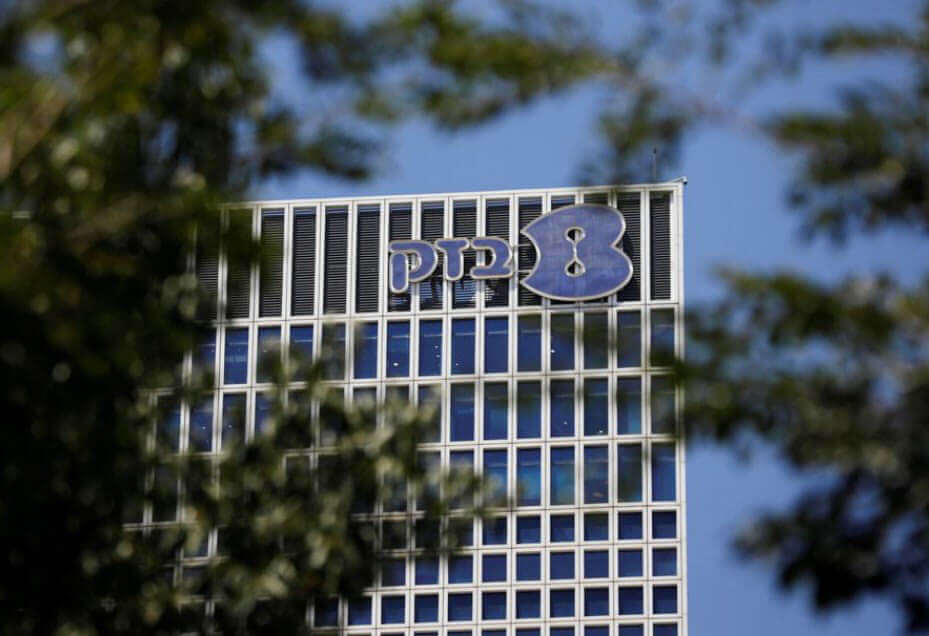Israel is doing a good job of expanding its high-speed fiber optic Internet network., According to an international study world Bank.
The study investigates the impact of advanced communications technology on the economy, the job, households and businesses.
And it has revealed that the use of high-speed Internet increases the chances of finding a job between a 7 and a 13%. For every percentage increase in high-speed Internet use, gross domestic product increases 0,4%.

The Israeli Minister of Communications, Yoaz Hendel, states that Israel is the first country in the world in terms of fiber deployment. Thus, The World Bank has decided to present here its study on the benefits of advanced infrastructures.
Israel has shown the world how advanced infrastructure can be brought even to places where there is no economic dynamism. It has also shown how communication services can contribute to the development of neighboring regions.
The Israeli Ministry of Communications has expanded fiber optic supply of 18% of households covered at the beginning of 2020 to more than 60% nowadays. The percentage is expected to reach 70% later this year. The Ministry will meet again with the World Bank in September to share its fiber optic deployment model with other countries.

As Israel's largest telecommunications provider and a former government monopoly, Bezeq has waged a long battle with regulators over the conditions of its fiber deployment.
The two largest mobile phone operators in Israel, Cellcom (YOUR) y Partner Communications (PTNR.TA), seized the moment to start their own fiber deployment. Hundreds of thousands of homes are already covered.
Bezeq is increasing the speed of its fiber optic network from 1Gbps to 2.5Gbps. And it's offering 10Gbps speeds to some customers..
“High speed internet means rapid growth, that opens jobs and quality of life“, dice hendel. Communication services will reach every corner of Israel. This convenient service will benefit everyone.
This World Bank study describes the economic impact of laying fiber optics. Besides, suggests that it is a powerful tool for reducing disparities. When an educated population has access to fiber optic line, your chances of finding a job increase by 7 and a 13%.
